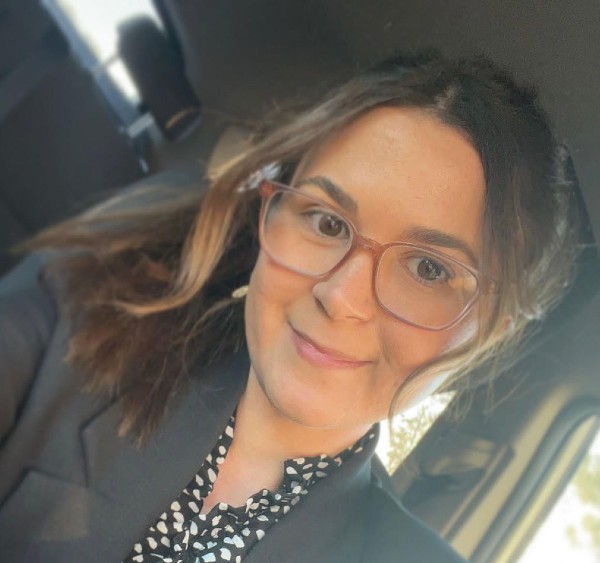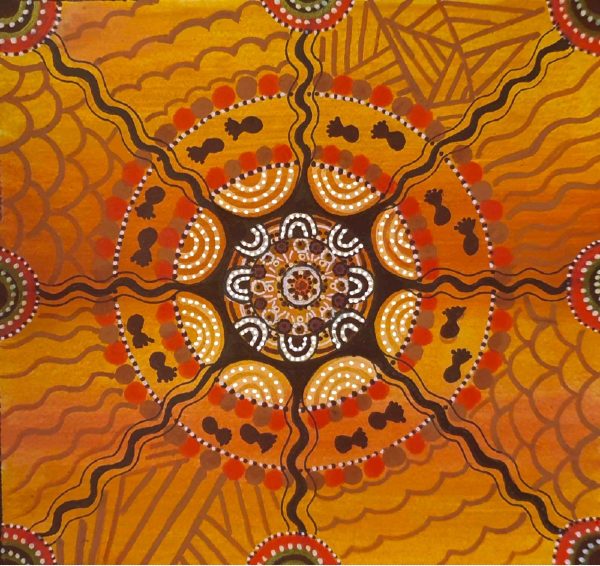School of Rural Medicine
Back to Faculty
The School of Rural Medicine is dedicated to support First Nations health research.
Any research involving First Nations Australians must involve collaboration with First Nations communities, empowering them to define their research questions, methodologies, and outcomes. This participatory approach ensures that research benefits First Nations communities directly and respects their rights and sovereignty.
In supporting First nations health research, we acknowledge the unique cultural, social, and historical contexts of First Nations communities. We respect traditional knowledge and practices while integrating them with modern healthcare approaches, ensuring that interventions are culturally appropriate and effective.
It is well documented that First Nations Australians experience significant health disparities compared to non-First Nations Australians. Research in First Nations health will contribute to understanding the root causes of these disparities and developing strategies to address them, ultimately working towards health equity, and ‘closing the gap’.
The School of Rural Medicine is developing collaborations with First Nations communities and organisations to ensure that our medical students, should they wish, are enabled to support First Nations research.
We have a strong program and admissions pathway for First Nations students. Nothing will ‘close the gap’ faster than having First Nations medical graduates supporting their rural communities. As researchers, we work with the AHMRC to ensure the research projects within First Nations communities are culturally appropriate and community sponsored. We encourage our First Nations students to investigate projects in First Nations issues.
Since 2023, we have supported First Nations students undertaking research projects in the following areas:
Support for First Nations students
What we hope to achieve through our First Nations research program:
SRM student, Year 2 2024
“I am a proud Gomeroi Yinarr from Moree. My decision to pursue Medicine as a career stemmed from my experiences from working in the Aboriginal Medical Service in my community. Having the exposure of seeing the struggle that people in rural communities face and the disparities between mob and others was really the driving factor for me. This artwork 'ngiyaani' (meaning 'we all') tells the story of our journey in Medical school and how 'we all' are on this journey together. The main camp in the middle being here in Orange and then branching out to our clinical schools/smaller camps.”

Madelyn Johnson

This artwork 'ngiyaani' (meaning 'we all') tells the story of our journey in Medical school and how 'we all' are on this journey together.